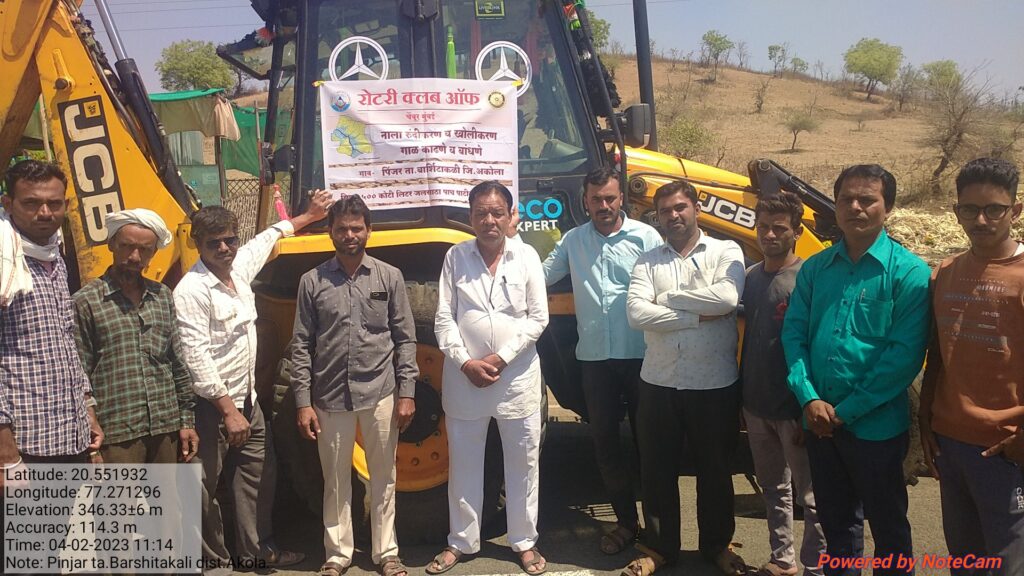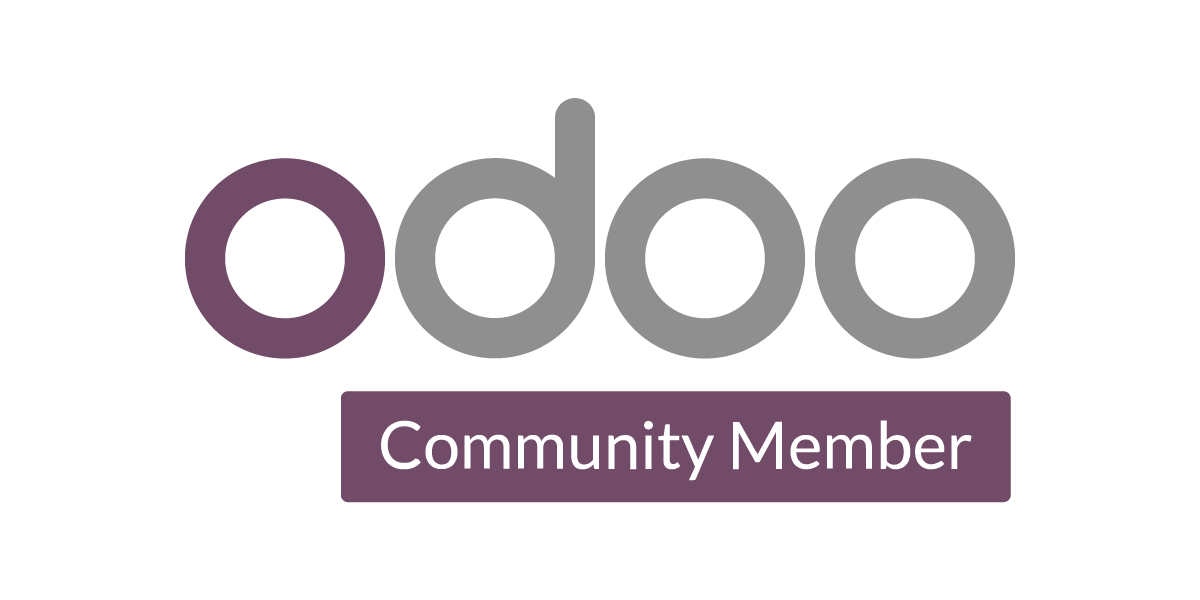INTRODUCTION
Recently we worked with a leading non-profit organization that works to conserve water in rural Maharashtra, India. The organization was founded in 2002 by a group of concerned citizens who were alarmed by the state of the region’s water resources. Since its inception, the NGO has implemented a number of successful water conservation projects, including the construction of water harvesting structures, the distribution of water-saving devices, and the promotion of water-efficient agricultural practices.

Challenges
Prior to implementing ERPNext, the NGO faced a number of challenges in tracking its projects and volunteers. The organization was using a manual system of maintaining physical registers that was time-consuming and inefficient. For example, it was difficult to track the progress of projects, to manage volunteer schedules, and to generate reports.
Solution
Since implementing ERPNext, they have seen a number of benefits. For example, the organization has been able to:
- Improve the efficiency of its operations Increase the transparency of its work.
- Strengthen its financial management .
- Enhance its communication with stakeholders
Conclusion
ERPNext has been a valuable tool for NGO’s. The software has helped the organization to improve its efficiency, transparency, and financial management..
The Company






